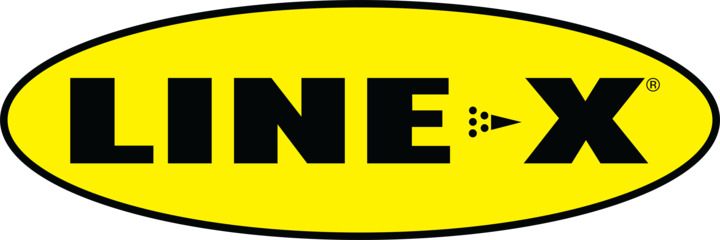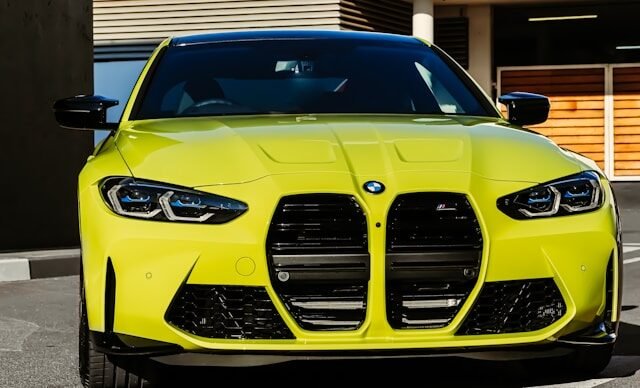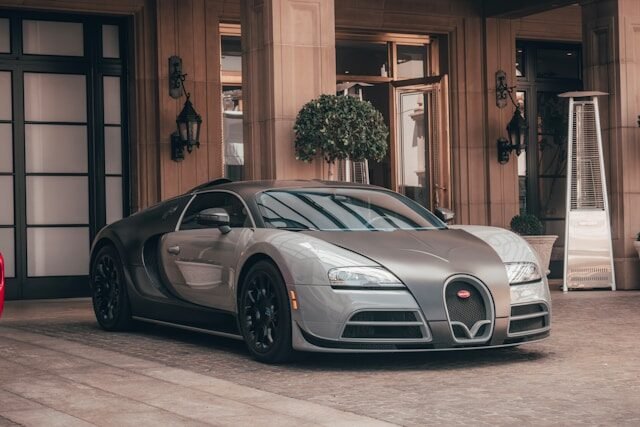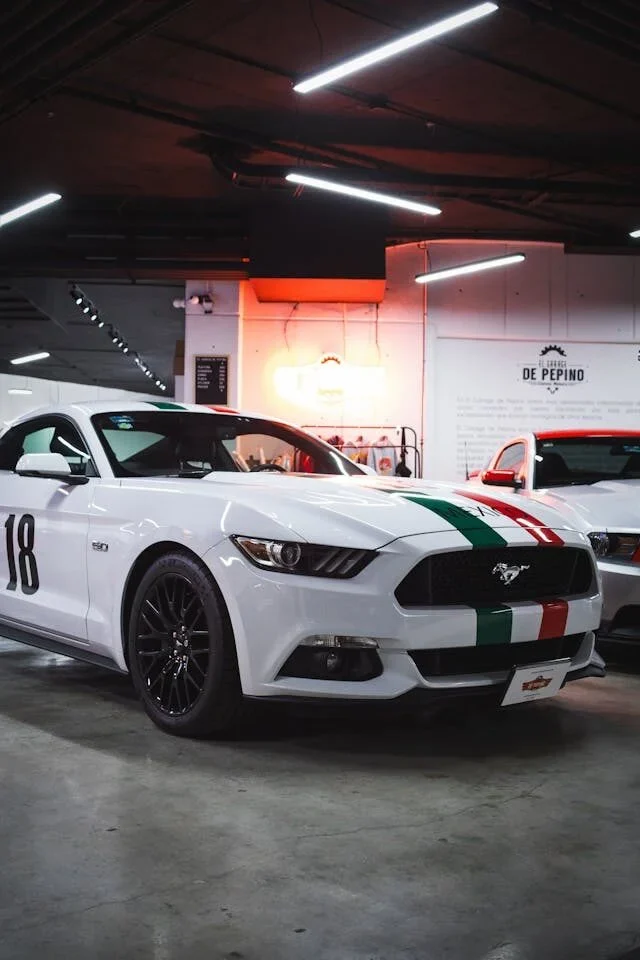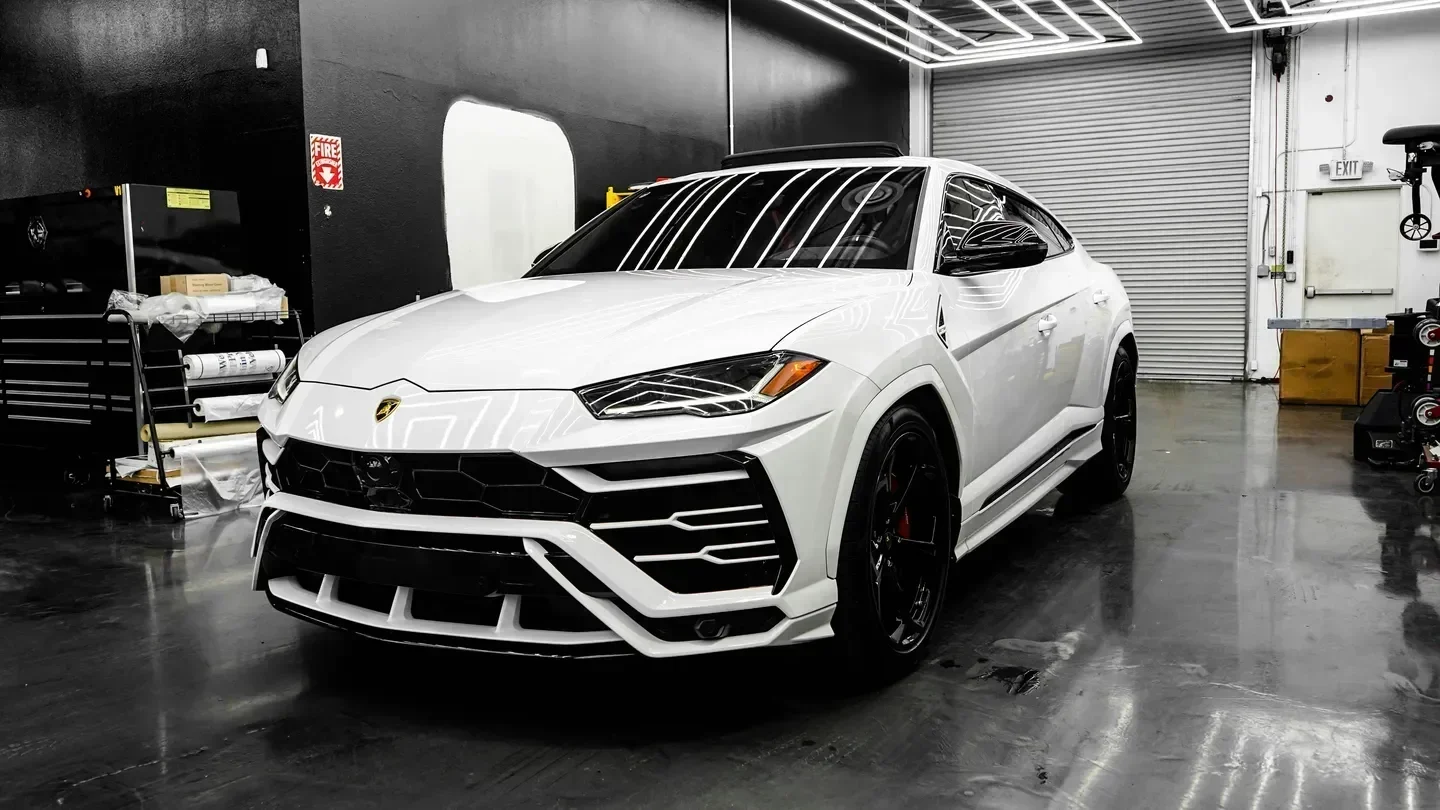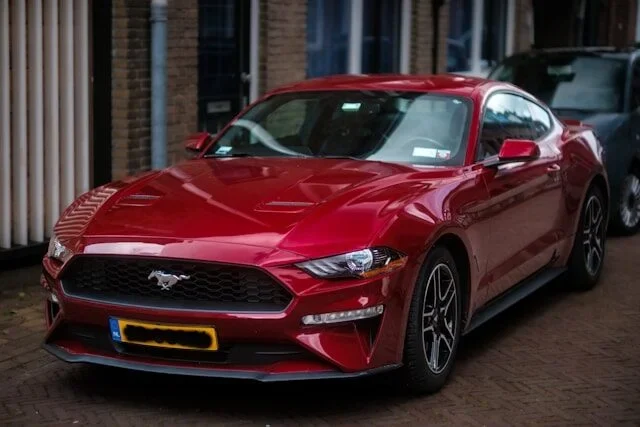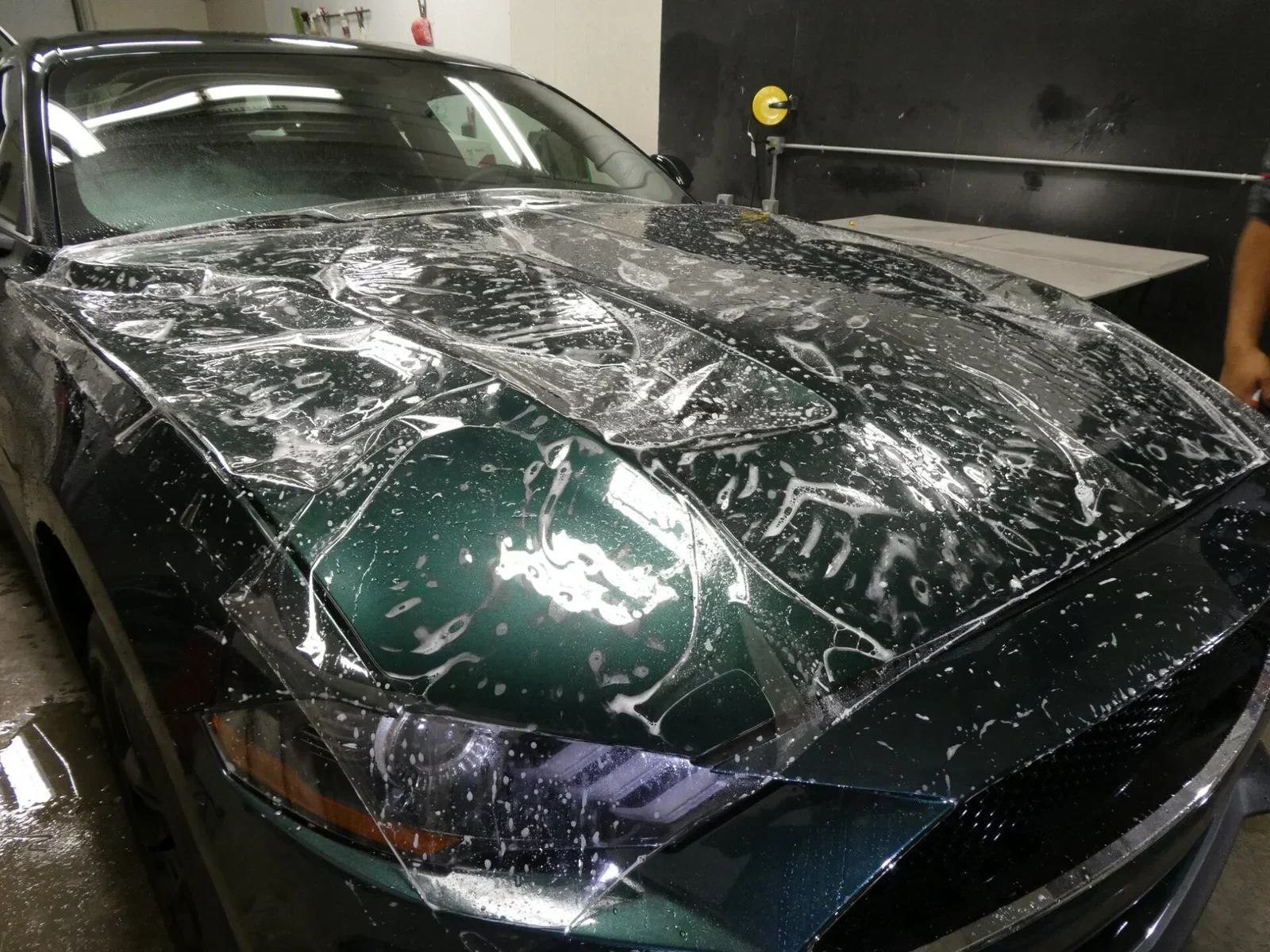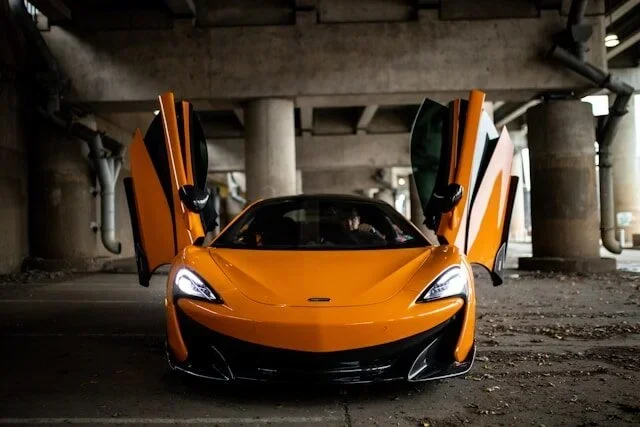Ever caught someone peeking inside your car while you were parked at the beach or sitting in traffic? It happens more often than most drivers realize. Whether you’re protecting valuables or simply value your own personal space, privacy window tint is the solution.
At LINE-X AUTO SPA, we specialize in helping Florida drivers choose the best tint options not just for style, but for security, comfort, and sun protection. In this guide, we’ll cover everything from VLT percentages to window tint film types, plus legal insights specifically for Florida.
Why Privacy Window Tint Matters Beyond Looks
Most people associate dark window tint with aesthetics—yes, it gives your car that sleek, high-end appearance. But privacy window film does much more than making your vehicle look sharp. It’s about safety, security, and even health.
Here’s why high-privacy window tint is essential:
- Enhanced Personal Security: By reducing visibility, you protect yourself from unwanted attention, especially crucial for celebrities, executives, or anyone transporting valuables.
- Theft Prevention: If thieves can’t see laptops, shopping bags, tools, or electronics inside your car, they’re less likely to attempt a break-in.
- Passenger Discretion: Whether you have children, pets, or passengers in the back, privacy tint shields them from outside eyes.
- Glare and Heat Reduction: Many privacy tint also double as heat rejection window films, helping control the interior climate while blocking prying eyes.
Especially in high-traffic, sunny regions like Palm Beach county, privacy glass tinting is about much more than looks—it’s a smart, multipurpose upgrade.
How Window Tint Film Works to Create Privacy
Privacy tint isn’t just about turning your windows black. There’s a real science to how window film for privacy operates. The key factors that create that one-way mirror effect or darkened look include:
- Visible Light Transmission (VLT): The lower the VLT percentage, the less light passes through. A 5% VLT privacy tint allows only 5% of visible light in, making it extremely difficult to see inside.
- Color Density and Layering: High-quality films use multiple layers of dyed, carbon, or ceramic materials to deepen color without sacrificing clarity from the inside looking out.
- Reflective and Non-Reflective Coatings: Some films incorporate metallic or reflective particles that bounce light away, enhancing daytime privacy.
At LINE-X AUTO SPA, we offer tint that are both optically clear from the inside while providing maximum shading and privacy from the outside, customized to each client’s preference and vehicle type.
The Different Types of Privacy Window Tint Films
Different tint films don’t just look different—they perform differently in heat rejection, clarity, and durability. Here’s how the main types stack up for privacy:
1. Ceramic Window Tint for Privacy
Ceramic tint is the highest-performing option on the market. It uses nano-ceramic particles that don’t rely on dyes or metals to block heat and UV rays.
Ceramic Tint Benefits:
- Unmatched Privacy with 5%–20% VLT Shades
- Blocks up to 98% Infrared Heat and 99% UV Rays
- No Electronic Interference (GPS, Radio, Bluetooth)
- Fade and Bubble Resistant
- Clarity From Inside Out
That’s why LINE-X AUTO SPA recommends ceramic tint for drivers who want top-tier privacy without sacrificing performance or longevity.
2. Carbon Window Tint Film
A solid mid-tier option, carbon tint uses carbon particles to block sunlight and maintain color over time.
Carbon Tint Advantages:
- Strong Privacy With 5%–20% VLT Options
- Great UV and Moderate Infrared Blocking
- Matte Black Look That Won’t Fade
- Budget-Friendly Compared to Ceramic
While it doesn’t block as much heat as ceramic film, it’s a smart choice for privacy-focused drivers looking for value.
3. Dyed Window Tint Film
Dyed window tint is the most affordable but comes with limitations.
Pros:
- Dark Appearance at a Lower Cost
- Basic Privacy With 5%–20% VLT Available
Cons:
- Limited Heat Rejection
- Tends to Fade, Bubble, and Discolor
- Shorter Lifespan
We typically recommend dyed films only for temporary applications or low-priority vehicles, as it doesn’t hold up under Florida’s intense sun.
What Is Limo Tint? Is It Legal in Florida?
Limo tint refers to 5% VLT window film, which allows just 5% of visible light to pass through. It’s the darkest commercially available automotive window tint.
However, Florida law regulates where and how dark your tint can be:
- Sedans:
- Front side windows: Minimum 28% VLT.
- Rear side and back windows: Minimum 15% VLT.
- SUVs & Trucks:
- Front side windows: Minimum 28% VLT.
- Rear side and back windows: Any VLT (including 5% limo tint).
At LINE-X AUTO SPA, we always double-check Florida window tint laws before installing your film, ensuring your privacy upgrade won’t result in unnecessary fines.
Best Window Tint Shades for Maximum Privacy
Wondering which VLT is ideal? Here’s a quick guide:
| Shade | Privacy Level | Best For |
| 5% (Limo) | Maximum | Limousines, luxury cars, VIP privacy |
| 20% | High | SUVs, sedans, family vehicles |
| 35% | Moderate | Legal compliance with subtle privacy |
Understanding VLT: The Key to Privacy Tint
Visible Light Transmission (VLT) is the measure that defines how dark or light your tint appears, and how private it keeps your interior.
- 5% VLT (Limo Tint): Hard to see in under any light conditions. Maximum privacy.
- 15% VLT: Excellent for rear windows, legal for most SUVs and vans.
- 20% VLT: Popular for blending privacy with outward visibility.
- 35% VLT: Good for front windows where laws limit how dark you can go.
- 50%+ VLT: Primarily for heat and UV control, not privacy.
We help our customers at LINE-X AUTO SPA select the right combination of front and rear window VLT levels that meet both their needs and state regulations.
How Privacy Tints Block Heat and UV Rays
The right privacy tint doesn’t just keep people from looking inside—it also works as a solar control window film. That means:
- Blocking up to 99% of UV rays that cause interior fading and skin damage.
- Rejecting up to 95% infrared radiation (with ceramic films) to keep interiors cooler.
- Reducing cabin temperatures by up to 60°F compared to non-tinted vehicles.
This double-duty benefit is why more Palm Beach drivers choose ceramic window tint for privacy and heat control combined.
Privacy Tint for Cars vs. SUVs and Trucks: What’s Different?
Laws and styling preferences vary by vehicle type:
- SUVs and Trucks: Legally allowed to have limo tint on rear windows. Ideal for families or transporting cargo discreetly.
- Sedans: Restricted to lighter shades on rear windows. A 15%–20% VLT film is usually the darkest you can legally go.
At LINE-X AUTO SPA, we make sure every tint project adheres to Florida law while maximizing vehicle privacy and UV protection.
Reflective vs. Non-Reflective Privacy Window Film
There are two broad categories of privacy tints:
- Reflective (Mirror-Like) Tints:
- Reflect sunlight back, creating a daytime privacy effect.
- Less effective at night if interior lights are on.
- Non-Reflective Tints (Carbon/Ceramic):
- Matte or neutral finish, consistent privacy day and night.
- More discreet, professional look.
For those prioritizing 24/7 privacy in urban areas like Palm Beach, we generally recommend non-reflective ceramic window tinting.
Common Privacy Tint Myths Debunked
Myth 1: All Privacy Tints Look the Same
Not true. Quality varies dramatically between dyed, carbon, and ceramic films. Premium tints offer better clarity, heat rejection, and lifespan.
Myth 2: Dark Tint Is Always Illegal
False. Florida allows very dark tint on rear windows and back side windows. You just have to follow the guidelines.
Myth 3: Privacy Tint Is Only for Looks
While it does enhance your car’s appearance, it also provides heat reduction, UV protection, and theft deterrence.
How LINE-X Auto SPA Installs Privacy Window Tint
We follow a professional process designed for precision and quality:
- One-on-One Consultation: We discuss your goals for privacy, heat reduction, aesthetics, and Florida law compliance.
- Film Selection: Choose from carbon, dyed, ceramic, or reflective tints.
- Computer-Cut Film Application: We use plotters for exact pattern cutting—no hand-trimmed mistakes.
- Expert Film Installation: Our certified technicians apply your film with zero bubbles or creases.
- Aftercare Support: We provide instructions on how to maintain your new window tint for years of performance.
Our reputation in Palm Beach depends on meticulous, consistent tint installation service.
How Long Does Privacy Window Tint Last?
The lifespan of privacy window films depends on the film’s material, installation quality, and environmental exposure.
- Ceramic Tints: 7–10 years or more.
- Carbon Tints: 5–8 years.
- Dyed Tints: 1–4 years, depending on sun exposure and film quality.
At LINE-X AUTO SPA, we only install UV-resistant, fade-proof privacy films backed by manufacturer warranties, so you get the longest-lasting value.
Why Choose LINE-X Auto SPA for Privacy Window Tinting?
We’re not just a tint shop. We’re a trusted name across Palm Beach for high-performance automotive upgrades.
Here’s what sets us apart:
- Expert Installers trained in all types of privacy films.
- Premium Film Brands including industry-leading ceramic and carbon options.
- Florida Tint Law Knowledge to help you avoid tickets.
- Lifetime Warranty Options on qualifying installations.
- Custom Shade Consultations for your exact vehicle type.
When it comes to window tint privacy, LINE-X of Palm Beach is the go-to local source.
Final Thoughts: Protect Your Privacy the Right Way
Privacy window tint isn’t just a luxury—it’s a smart, practical upgrade for any Florida driver. It enhances security, reduces heat, and adds a sleek, custom look to your vehicle.
At LINE-X AUTO SPA, we’ll help you choose the perfect film and shade. From SUVs to luxury sedans, our professional tint installations provide maximum privacy and performance every time.
FAQs About the Best Window Tint for Privacy
Is 5% limo tint legal in Florida for front windows?
No. Florida law requires a minimum of 28% VLT on front side windows. Limo tint is allowed only on rear windows of SUVs and trucks.
What type of tint provides the most privacy at night?
Non-reflective ceramic tint offer consistent privacy day and night because reflective films lose their effect when interior lights are on.
Does privacy window film also block heat?
Yes! Especially ceramic privacy films, which can block up to 95% of infrared heat while maintaining maximum darkness.
How much does privacy window tinting cost in Palm Beach?
Prices vary based on film type and vehicle size. Expect anywhere from $200–$800+ for premium ceramic privacy tint installations.
Can I remove or replace the privacy window tint later?
Absolutely. Our team can safely remove old tint and install new film without damaging your windows or glass seals.
